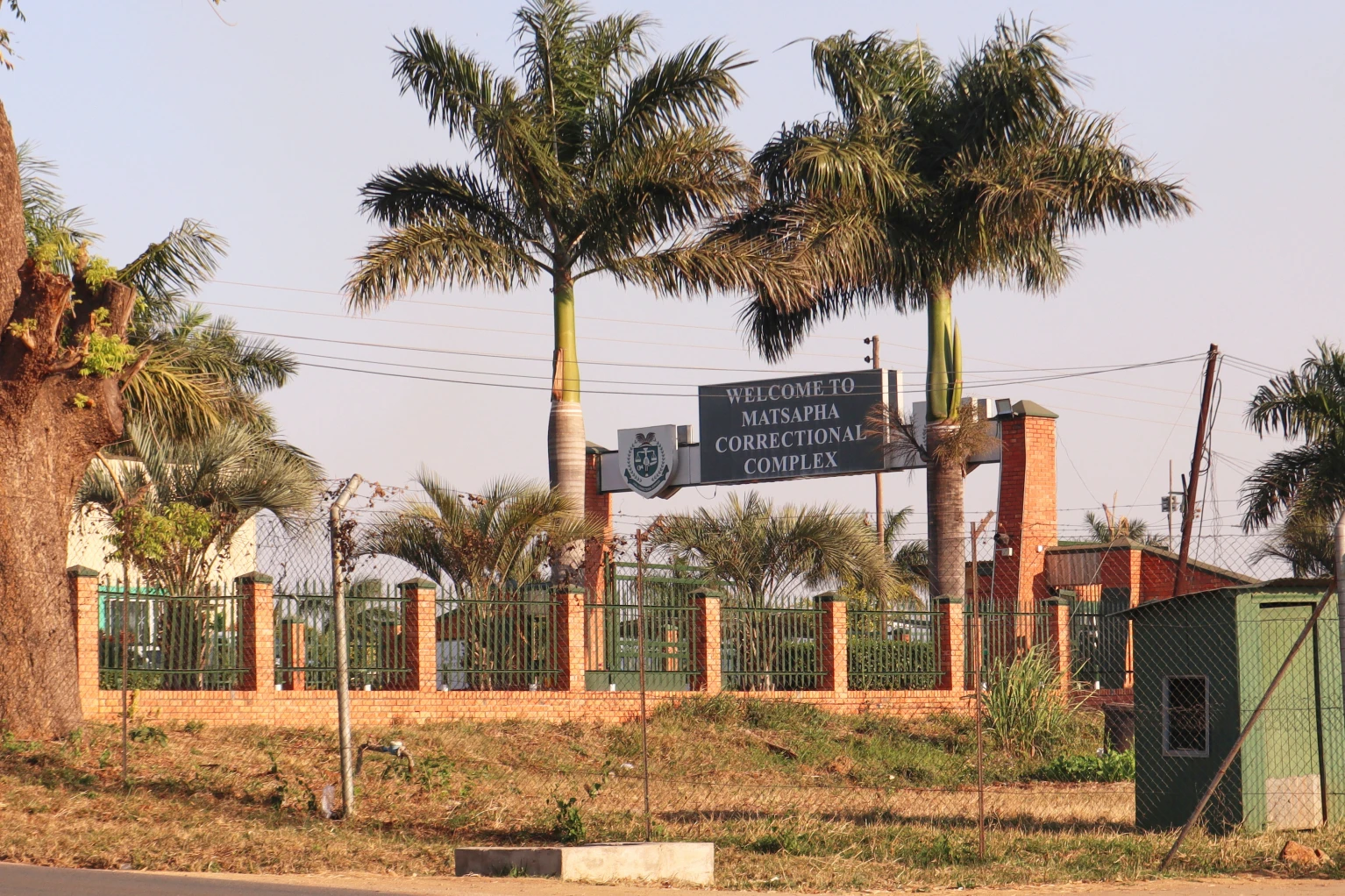
In the wake allegations of a bizarre “self-abduction” incident by a Member of Parliament George Koimburi, Kenya is contemplating amendments to the penal code to address rising incidents of forced disappearances, staged abductions and staged kidnappings.
Since the June 2024 nationwide anti-budget protests dozens of people – most of them, youth – who are still unaccounted for, while many others were shot and killed by people human rights, civil society and opposition parties alleged wee policemen or hitmen retained by the state.
According to Interior Cabinet Secretary Kipchumba Murkomen the amendments will put in place a legal framework that addresses current gaps in the law following a public outcry on brazen kidnappings of young Kenyans, especially at the height of Generation Z (Gen-Z) protests in June last year.
However, amidst calls for a transparent review of past abductions, Murkomen said security agencies have flagged increased incidents of fake, staged kidnappings and disappearances in the recent past.
The minister singled out last week’s incident that involved Juja MP George Koimburi, whom security chiefs described as fake and a well-orchestrated event following the MP’s hospitalisation at Karen Hospital in Nairobi.
Murkomen said the incident raised tensions among Kenyans, with the government being accused of abducting him. The cabinet secretary said there’s a need to amend the law to provide for stiffer penalties for staged abductions that are intended to elicit public sympathy or to extort money from relatives.
“The case of the MP for Juja George Koimburi was staged and orchestrated by persons known to him in a move that dilutes the seriousness of the crime,” Murkomen argued.
Murkomen said that the law on abductions and kidnappings is weak, noting that parliament has the obligation to act with speed to enact a law that will address rising incidents stage managed crimes.
He reiterated President William Ruto’s promise to stop extrajudicial killings, forced disappearances and abductions in the country. The minister also said government will deal with any incidents, warning that no individual is above the law.
The cabinet secretary was speaking in Naivasha during an engagement with MPs on the Strategic Trade Control Committee that is discussing Strategic Goods Control Bill (2025), which seeks to curb proliferation of goods and weapons of mass destruction in the country.
On Strategic Goods Control Bill, Murkomen said the law will help address the import and export of strategic goods deemed a national security risk.
Murkomen termed Kenya as a key trading route from Mombasa Port through the northern corridor to neighbouring countries in the west, hence the need to control materials being transported on the route for security purposes. He said the bill will help the country combat the proliferation of trade in military and security equipment and goods that can be used to disrupt national security.
The cabinet secretary observed that, due to the illicit trade in strategic materials, the country has in the past lost security personnel and civilians through explosives such as IEDs, particularly in northern Kenya and Boni Forest in Lamu.
He told the lawmakers to acquaint themselves with the contents of the bill to address the rise in misinformation, disinformation and fake news, which have in the past crippled crucial government bills.
The proposed law, the cabinet secretary said, will penalise perpetrators and violators with hefty fines of up to Ksh50 million ($386,400) and a sentence of over 10 years for trading in strategic goods without a permit.
According to MP Rasso Ali the bill once passed into law will control the movement of dangerous goods and materials that may pose a security risks to the country and region. He argued that the bill that was mooted since 2018 once enacted will provide for traceability of imported harmful materials, their storage and use to enhance national security.
On his part, James Potts, the economic counsellor at the US Embassy in Nairobi said Kenya will be the third country in Africa to pass the legislation on strategic goods. Once enacted, he noted, the law will safeguard Kenya’s ability to combat terrorism and trade in materials of mass destruction.
Potts said the law will also allow investors in critical areas such as semiconductors to set shop in the country backed by a legal infrastructure.
The adoption of the bill is expected to provide a framework to mitigate challenges that may expose the country as an attractive target for the smuggling and proliferation of harmful materials, goods and chemicals.
- A Tell Media / KNA report / By Erastus Gichohi






